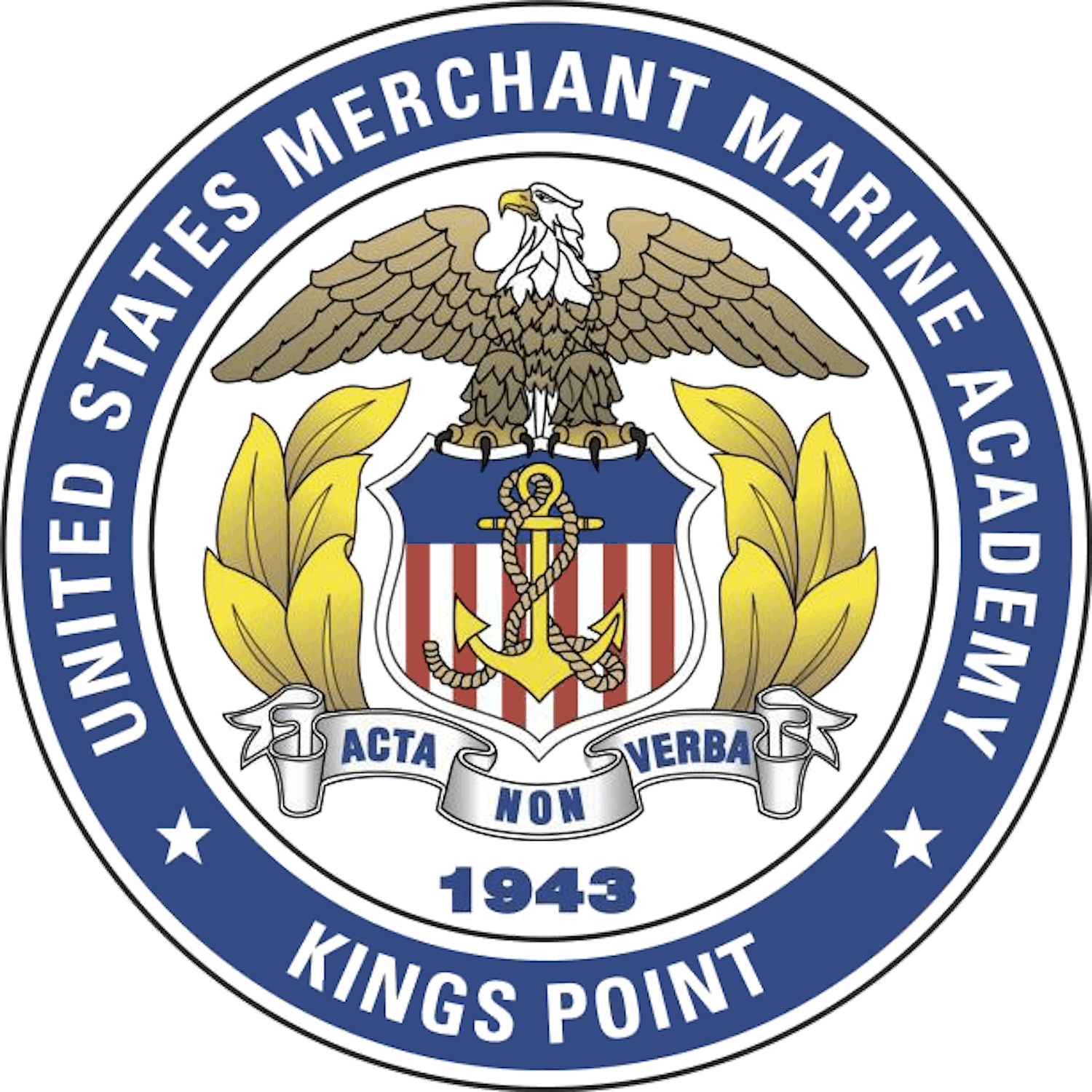
Comprehensive Assessment of the U.S. Merchant Marine Academy
USMMA, NDAA
The U.S. Merchant Marine Academy (USMMA) is an accredited institution of higher education with about 950 cadets located at Kings Point, New York. The mission of the USMMA is “to educate and graduate licensed merchant marines and leaders of exemplary character who will serve America’s maritime transportation and defense needs in peace and war.” To help advance this mission, Section 3513 of the National Defense Authorization Act (NDAA) for Fiscal Year 2020 directed the Secretary of Transportation to enter into an agreement with the National Academy of Public Administration (the Academy) to conduct an independent study to examine a series of matters related to the USMMA.
Click the button below to view the Final Report.
Final ReportClick the button below to view the Implementation Plan.
Implementation PlanProject Description
The NDAA identified specific issues that are considered by the study. Specifically, the study includes:
(1) A comprehensive assessment of the United States Merchant Marine Academy’s systems, training, facilities, infrastructure, information technology, and stakeholder engagement.
(2) Identification of needs and opportunities for modernization to help the United States Merchant Marine Academy keep pace with more modern campuses.
(3) Development of an action plan for the United States Merchant Marine Academy with specific recommendations for—
(A) improvements or updates relating to the opportunities described in paragraph (2); and
(B) systemic changes needed to help the United States Merchant Marine Academy achieve its mission of inspiring and educating
Recommendations
Overall, this report includes 67 actionable recommendations in chapters 3 through 10. Collectively, the recommendations, if implemented, provide a course of action for USMMA and its oversight agencies to meet the challenges USMMA presently faces. These challenges span education and training, facilities and infrastructure, diversity, institutional culture, SASH, planning for the future, stakeholder relations, institutional-level governance and management, and external governance, oversight, and accountability.
As importantly, this report charts a course for USMMA’s future. Over decades, no matter how vital its mission to American security and prosperity, and no matter the level of dedication of the USMMA community to its mission, USMMA lost its way. USMMA’s internal governance and management have been hampered by the lack of consistent vision, strategy, processes, and procedures. Its external governance bodies did not provide the guidance, resources, oversight, and accountability necessary for USMMA to redress its many challenges, risks, and weaknesses. Ultimately, USMMA is facing the repercussions of the lack of effective governance.
A comprehensive approach to modernizing USMMA will ensure that it is prepared to meet the needs of the U.S. merchant marine, the Marine Transportation System, maritime industries, and the military throughout the 21st century. By working together to redress the causes of USMMA’s present challenges, as recommended in chapter 10, USMMA and its stakeholders can modernize USMMA to meet the Nation’s present and future needs. Only a transformation in governance can right the USMMA ship and chart a clear course for the future.
